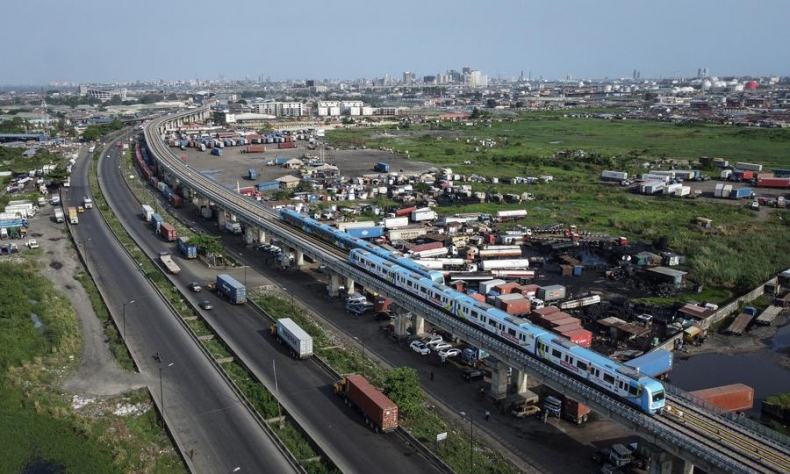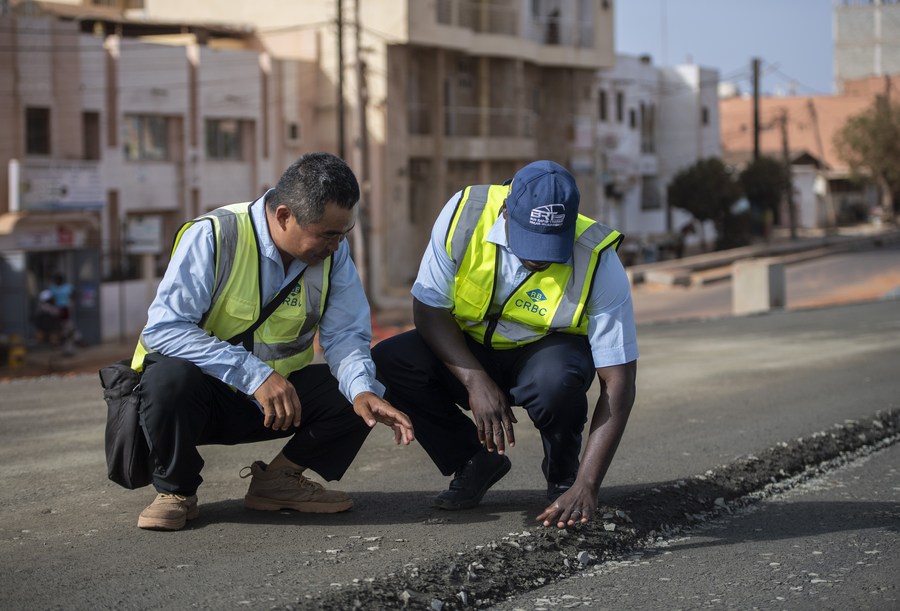Sharing Development Dividends

As China’s geopolitical significance rapidly grows, the opportunities it offers to the countries of the Global South have the potential to open up new development avenues.
In modern times, the Chinese people initially tried to adopt modernization formulas from the West, but none worked. Through its own efforts, China has modernized under the leadership of the Communist Party of China. It has transformed from an impoverished and backward nation into the world’s second largest economy, the largest trader in goods and the largest exporter. China has developed the largest compulsory education, social security and medical and health systems in the world, achieving in just a few decades the industrialization that took developed countries centuries to reach.
China’s success demonstrates that there is no universal standard for modernization. Its worldview, values, history, civilization and modernization experience debunk the myth that modernization is equal to Westernization and repudiate the Western capital-centered model.
China follows a new modernization model—the Chinese model—which provides a solution for human society to achieve long-term peace and stability, eradicate extreme poverty, promote common development and respond to challenges such as climate change. China is embarking on its own innovative path to overcome the mistakes and shortcomings of Western-style modernization.
On its path to modernization, China is sharing its development dividends with the rest of the world through the country’s several proposed initiatives, including the Belt and Road Initiative (BRI), all of which are considered public goods offered to the international community.
The BRI, in particular, is a systematic and open development cooperation platform rather than unilateral development assistance. This systematic and open development cooperation means that the contents of international development cooperation under the BRI are multifaceted. The initiative includes co-development measures such as policy communication, infrastructure connectivity, trade facilitation, financial integration and closer people-to-people ties. Additionally, it adopts the principle of co-construction in the Innovative Silk Road, the Green Silk Road and the Digital Silk Road—vital components that facilitate modernization.

The World Bank predicts that if all planned BRI transport infrastructure projects are implemented, the initiative will generate global revenues of $1.6 trillion annually by 2030, with up to 90 percent of these revenues going to partner countries in the Global South.
As China’s geopolitical significance rapidly grows, the opportunities it offers to the countries of the Global South have the potential to open up new development avenues.
As a global leader in industrialization, China has spent the past two decades nurturing relationships with African countries within the framework of the Forum on China-Africa Cooperation (FOCAC) to support Africa’s development objectives. China’s investments in African projects—particularly infrastructure—have yielded tangible benefits, positioning China as a partner of choice among many African nations. These show that China remains committed to a multipolar world and an inclusive economic globalization that benefits all.
China’s commitment was on full display during the 2024 FOCAC Summit in Beijing, where President Xi Jinping pledged to provide $51 billion of financial support and carry out 30 infrastructure projects across Africa, reaffirming China’s dedication to African development. These infrastructure projects will allow China to fully utilize the “economic complementarities” of African countries participating in the BRI by establishing supply, industrial and value chains. This is a pivotal moment for promoting trans-African economic integration.
All these commitments through China-proposed initiatives and FOCAC are underpinned by clarity, consistency and predictability, which are crucial to the modernization of the Global South, particularly African countries, amid the current global turmoil.
The author is executive director of the Center for Nigerian Studies at the Institute of African Studies, Zhejiang Normal University.
 Facebook
Facebook
 Twitter
Twitter
 Linkedin
Linkedin
 Google +
Google +










